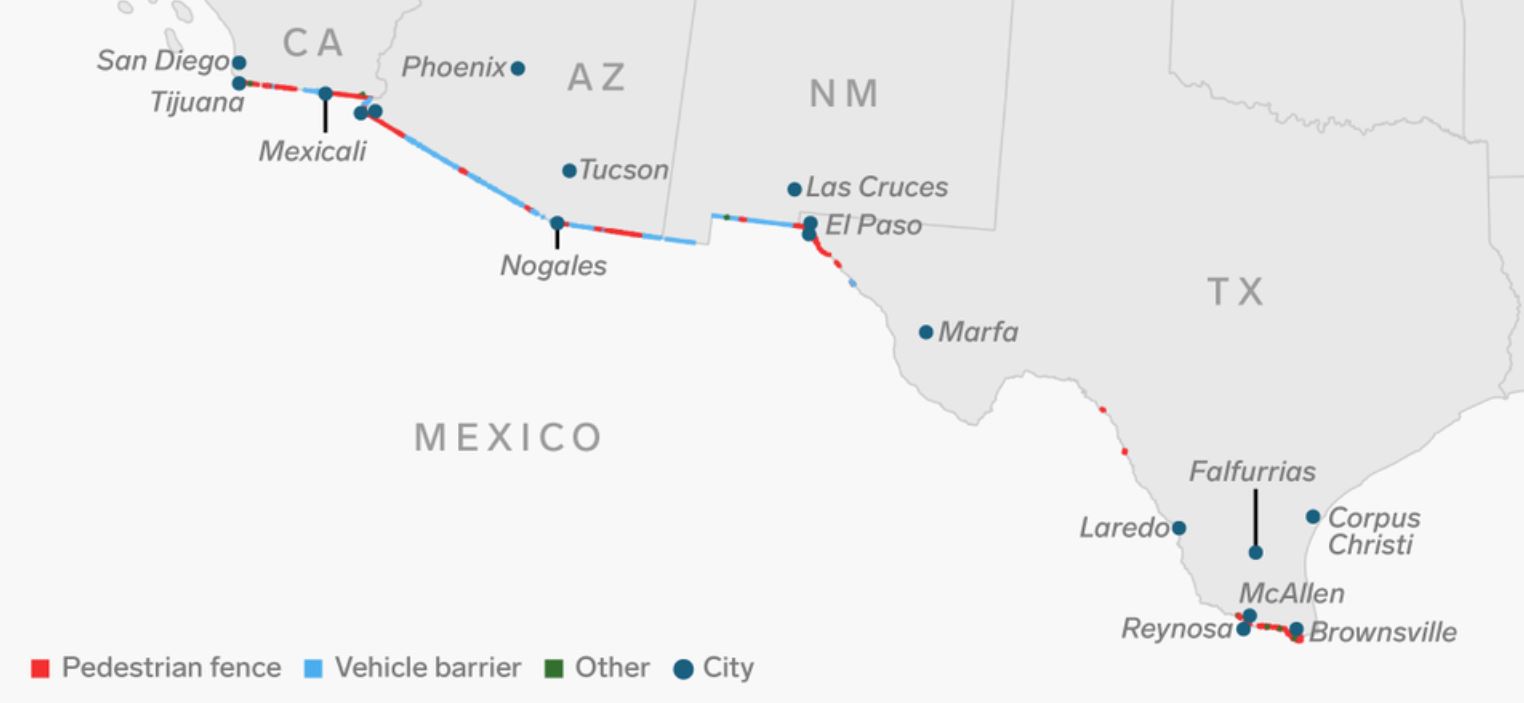 In a certain mid-western state once lived a poor farmer who had a very beautiful daughter. She was moreover exceedingly shrewd and clever; and the farmer was so vain and proud of her, that he one day told a powerful and grizzled senator who lived as a king of the land that his daughter could spin gold out of straw. Now this motley local king, like many such kings, was very fond of money; and when he heard the farmer’s boast, his avarice was excited, and he ordered the girl to be brought before him. Then he led her to a chamber where there was a great quantity of straw, gave her a spinning-wheel, and said, “All this must be spun into gold before morning, as you value your life.” It was in vain that the poor maiden declared that she could do no such thing, the chamber was locked and she remained alone.
In a certain mid-western state once lived a poor farmer who had a very beautiful daughter. She was moreover exceedingly shrewd and clever; and the farmer was so vain and proud of her, that he one day told a powerful and grizzled senator who lived as a king of the land that his daughter could spin gold out of straw. Now this motley local king, like many such kings, was very fond of money; and when he heard the farmer’s boast, his avarice was excited, and he ordered the girl to be brought before him. Then he led her to a chamber where there was a great quantity of straw, gave her a spinning-wheel, and said, “All this must be spun into gold before morning, as you value your life.” It was in vain that the poor maiden declared that she could do no such thing, the chamber was locked and she remained alone.
She sat down in one corner of the room and began to lament over her hard fate, when suddenly the door opened, and a misshapen-looking orange man with tiny hands hobbled in, and said “Good morrow to you, my good lass, what are you weeping for?” “Alas!” answered she; “I must spin this straw into gold, and I know not how.” “What will you give me,” said the little man with a salesy voice, “to take care of it for you?” The poor girl had little more than the clothes on her back. The misshapen man stared at her with wolfish eyes. Finally, having no other thoughts, the maiden replied, “my stockings.” She removed them from her legs and handed them to the him. He then set himself down to the wheel; round about it went merrily, and presently the work was done and the gold all spun.
When the pseudo-king came in the morning and saw this, he was greatly astonished and pleased: but his heart grew still more greedy of gain, and he shut up the poor miner’s daughter again with a fresh task and an even more huge pile of straw. Then she knew not what to do, and sat down once more to weep; but the little man presently opened the door, and said, “What will you now give me in deal to do your task tonight?” “My brassiere,” she replied, knowing that was all she had left without losing her final dignity. She turned around and removed her brassiere and then handed it to her little friend, who took it and flashed a disturbing toothy grin. Then he began to work at the wheel, till by the morning all was finished again.
The king was vastly delighted to see all this glittering treasure; but still he was not satisfied and took the miner’s daughter behind a great wall into an incredible large room filled to the rafters with straw, and said, “All this must be spun to-night; and if you succeed, you shall be my queen.” As soon as she was alone the dwarf with tiny hands came in, and said, “What will you give me to spin gold for you this third time?” “I have nothing, left,” said she. “Then promise me,” said the little man, “your first little child when you are queen.” “That may never be,” thought the miner’s daughter; but as she knew no other way to get her task done, she promised him what he asked, and he spun once more the whole heap of gold. The king came in the morning, and finding all he wanted, married her, and so the farmer’s daughter really became queen.
At the birth of her first little child the queen rejoiced very much and forgot the little creepy man and her promise; but one day he came into her chamber and reminded her of it. Then she grieved sorely at her misfortune, and offered him all the treasures of the kingdom in exchange; but in vain, till at last her tears seemed to softened him a bit, and he said, “I will give you three days’ grace, and if during that time you tell me my name, you may keep your tasty looking child.”
Now the queen lay awake all night, thinking of all the odd names that she had ever heard, and dispatched messengers all over the land to inquire after new ones. The next day the little man came, and she began with Ronald, George, Hubert, Abe, and all the other names she could remember; but to all of them he said, “Believe me, that’s not my true name.”
The second day she began with all the comical names she and her messengers had heard of, Bandy-legs, King Leer, CheetoVoldemort, The Lyin King, The Human Tanning Bed Warning Label, Adolph Twittler, The Angry Creamsicle, and so on, but the little gentleman still said to every one of them, “That’s not my true name, loser.”
The third day came back the last of the messengers, and said, “I have not heard of no one other names; but hear me out — yesterday at last light as I was climbing a high hill among the trees of the forest where the red fox and the gray fox bid each other good night, I saw a sad little hut, and before the hut burnt a fire, and round about the fire danced a funny little man upon one leg, and sung,

Merrily a child feast I’ll make,
To-day I’ll brew, to-morrow bake him;
Merrily I’ll dance and sing,
For next day will a tasty stranger bring:
For little does my lady dream
Trumpel-Stilts-Kin is my name!
When the queen heard this, she jumped for joy, and as soon as her little visitor came, and said, “Now, lady, what is my true name?” “Is it Vladimir?” asked she. “No!” “Is it José Jiménez?” “No!”
“Can your name be Trumpel-Stilts-Kin?”
“Some witch told you that! Some witch told you that!” cried the little man, and dashed his right foot in a rage so deep into the floor, that he was forced to lay hold of it with both hands to pull it out. Then he made the best of his way off, while everybody laughed at him for indeed he was a man who talked way too much at all hours for his own good, and everyone by now had finally had enough of that.
The moral of the story my young ones: Don’t trust Trumpelstiltskin around any of your children, he will pretend to bring them great deals and fortune but in his true heart he is out to debase them or eat them for his own supper, and he may do so to yours, unless you are both clever and lucky.
(c) 2018 ClownTower




